10 Questions You Should Ask Before Hiring an Interior Designer: Key Insights
Before hiring an interior dressmaker, ask approximately their design method and venture timeline. Inquire approximately their enjoy with initiatives just like yours.
Choosing an indoors clothier is a critical step in remodeling your area into a personalized haven. The right dressmaker will convey a blend of creativity, performance, and personalization in your mission. They will navigate you thru an ocean of layout choices, ensuring your vision comes to lifestyles.
It’s important to establish a reference to a professional who grasively knows your wishes and fashion. With this partnership, you’ll embark on a adventure to create a area that now not best reflects your persona however also capabilities to your daily existence. A well-posed set of questions can display the designer’s technique, aesthetic compatibility, and conversation style. This preliminary conversation sets the stage for a a success collaboration, leading to a domestic that you’ll adore for years yet to come.
Introduction To Selecting An Interior Designer
Introduction to Selecting an Interior Designer is crucial. Your home reflects your style. The right interior designer can make it shine. This guide helps you ask the right questions. Let’s ensure you pick the perfect professional for your space.
The Importance Of Choosing The Right Professional
Finding the best interior designer is like finding a treasure. A great match brings your dream home to life. The wrong choice can lead to disappointment. Here are key points to consider:
- Experience matters. Look for a designer with a strong portfolio.
- Style alignment. Your designer should share your aesthetic vision.
- Communication is key. Ensure they understand your needs and desires.
- Budget awareness. A good designer respects your financial limits.
Setting Expectations For Your Design Project
Clear expectations lead to happy outcomes. Discuss these points early:
- Timeline. Know when your project will start and finish.
- Scope. Define what areas and elements will be designed.
- Communication. Decide how often and through what channels you’ll talk.
- Feedback. Agree on how and when you’ll provide input.
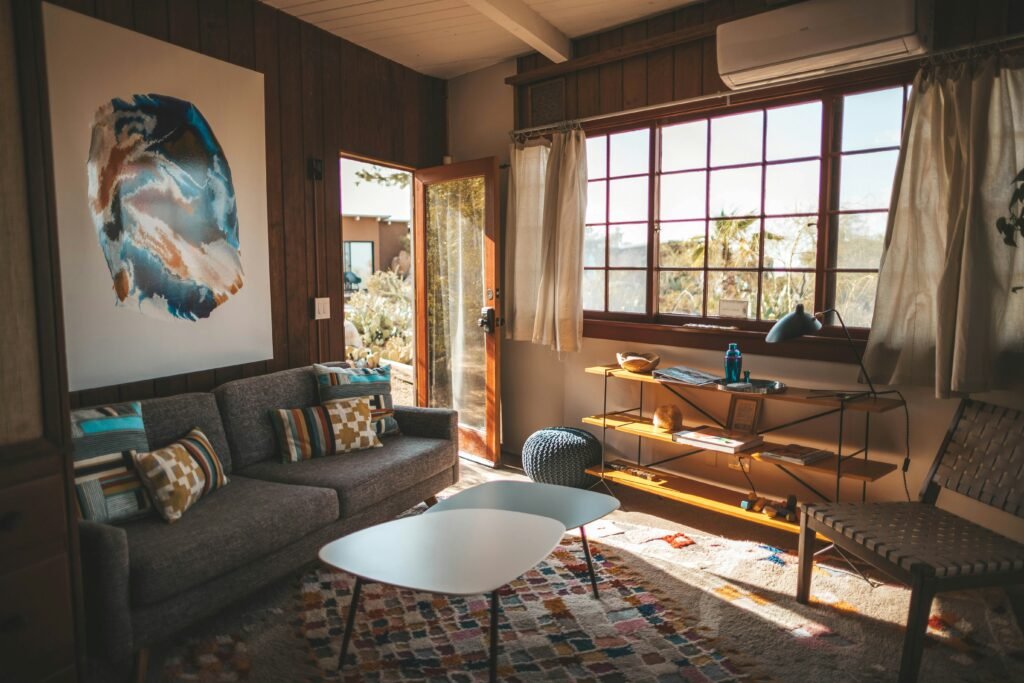
Experience And Specialization
Experience and specialization rank high when selecting an interior designer. The right questions can uncover a designer’s depth in the field. They also reveal how their expertise aligns with your vision.
Assessing The Designer’s Past Projects
Looking at previous work offers insight into a designer’s approach. It also shows their ability to deliver results. Ask for a portfolio to see their style range. Check for quality, diversity, and execution.
- Review their completed spaces
- Consider the relevance to your project
- Evaluate their attention to detail
Matching Design Specialties With Your Style Needs
Interior designers often specialize in certain styles. It’s essential to match their strengths with your preferences. Some designers excel in minimalism while others in eclectic designs.
| Specialty | Your Style |
|---|---|
| Modern | Do you prefer clean lines? |
| Traditional | Are classic details important to you? |
| Bohemian | Love a mix of patterns and colors? |
Clarify your style needs early. Ensure the designer’s skills align with your vision. This alignment is crucial for a successful project.
Design Process And Involvement
Choosing an interior designer is a major step. You want your space to reflect your taste and needs. The ‘Design Process and Involvement’ is crucial. You should understand how it works. You’ll be part of this creative journey. Let’s explore key questions to ask about the design process.
Understanding The Designer’s Workflow
How does the designer develop a concept? It’s essential to know. Their workflow can impact your project’s timeline. Ask about their steps from initial ideas to final touches. This knowledge helps set expectations.
- Initial consultation: What happens during the first meeting?
- Design phases: How many are there?
- Revisions: Are they included? How many?
- Project management: Who oversees the process?
- Completion: What signals the end?
Your Role In The Design Process
Your involvement can vary. Some designers want more input. Others need less. Know your part. Are you hands-on or hands-off? Decide what suits you.
| Level of Involvement | Description |
|---|---|
| High | You make key decisions. You’re part of most steps. |
| Moderate | You provide feedback at milestones. The designer guides you. |
| Low | You trust the designer. They make most decisions. |
Communication is vital. Ask how often you’ll update each other. Discuss the best methods for this. It ensures a smooth process.
- Meetings: How regular? In-person or virtual?
- Updates: Email, phone, or project management tools?
- Decision making: How are your choices integrated?
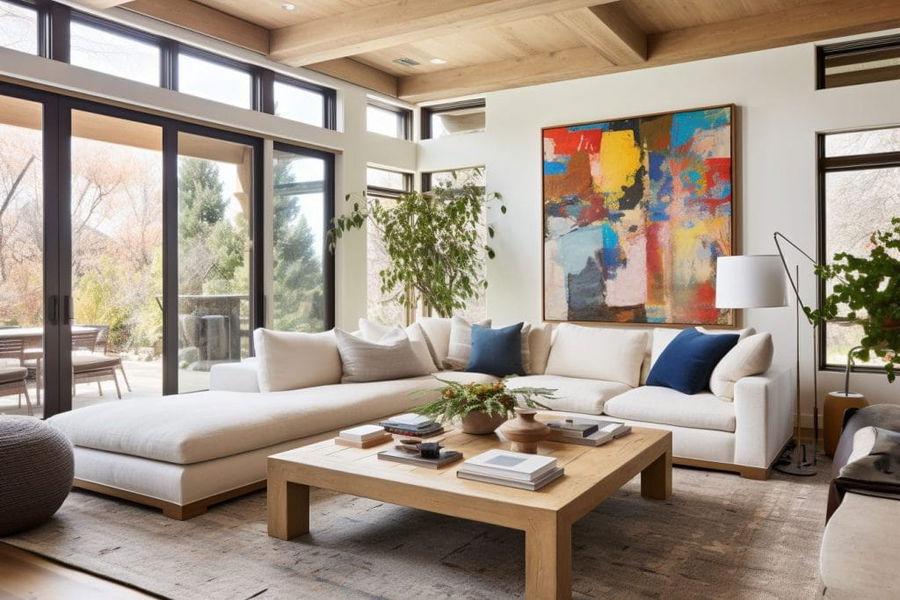
Budget And Billing Practices
Understanding the financial side of hiring an interior designer is crucial. The right questions can reveal much about the process. Let’s dive into costs and payments.
Clarifying Costs And Payment Structures
Start by asking how the designer sets their rates. This can be an hourly charge, a flat fee, or a percent of the undertaking cost. Get details in writing.
- Hourly rates: Ask for an estimate of the total hours needed.
- Flat rates: Confirm what this includes and any extra charges.
- Percentage fees: Understand what costs are covered in this calculation.
Ask about payment schedules too. You will know when to pay and how much.
| Payment Type | Details to Discuss |
|---|---|
| Deposit | Confirm the upfront cost. |
| Installments | Learn the number and amount. |
| Final Payment | Know when it’s due. |
Hidden Fees And Cost-saving Tips
Inquire about extra charges. These might include travel expenses or procurement fees. An itemized contract helps avoid surprises.
- Travel expenses: Check if these are extra.
- Procurement fees: Ask about charges for purchasing on your behalf.
- Return policies: Know the costs for returning items.
Discuss cost-saving options. Your designer can suggest ways to trim expenses without sacrificing style.
- Reuse existing furniture and decor.
- Choose budget-friendly materials.
- Plan for phased project completion.
Timeline And Project Management
It is crucial to apprehend the timeline for your indoors layout assignment. It sets expectations and makes positive that you are on the same page because the maker. Good task management could make or damage the achievement of a redesign. Let’s explore key questions to ask.
Establishing Realistic Timelines
Knowing when your space will be ready is important. Ask your designer for a clear timeline. This should include start and end dates. Check if these dates work with your own schedule.
Discuss milestones and deadlines. This helps track progress. Ensure these are noted in your contract. This avoids misunderstandings later on.
Plan for holidays and weekends. They can affect your timeline. Make sure your designer considers these when planning.
Handling Delays And Project Adjustments
Delays can happen, even with the best planning. Ask your designer how they handle unexpected issues. Find out their process for communicating changes.
Learn about their policy for extra time and costs. This helps prepare for any unforeseen expenses. Be clear on how adjustments may impact your final design.
Review previous projects they’ve managed. This gives insights into their efficiency and problem-solving skills. A seasoned designer will have strategies in place for delays.
Collaboration And Communication
Collaboration and Communication are key in hiring an interior designer. These elements ensure your vision comes to life just as you imagine. Before hiring, ask these crucial questions.
Frequency And Methods Of Updates
Knowing how often and how you’ll receive updates is vital. It keeps you in the loop. Let’s break down the aspects to consider:
- Regular meetings: Weekly or bi-weekly? Decide what works for you.
- Email updates: For quick, written records of progress.
- Phone calls: For urgent matters or instant clarifications.
- Project management tools: Apps like Trello or Asana can track progress.
Resolving Conflicts And Providing Feedback
Disagreements may happen. Knowing how to resolve them is important. Here are tips:
- Establish a feedback system. It helps in sharing your thoughts easily.
- Agree on a conflict resolution process. It ensures smooth project flow.
- Keep communication open and respectful. It maintains a positive relationship.
These questions ensure your designer is the right fit for your project.
Sustainability And Sourcing
Sustainability and sourcing are key when picking an interior designer. These factors ensure your home is both beautiful and kind to the planet. Below, we explore important questions related to eco-friendly design choices and ethical sourcing of materials.
Eco-friendly Design Choices
Choosing eco-friendly design options means thinking about the future. It’s about picking materials and products that don’t harm our earth. Ask your designer about:
- Use of recycled or sustainable material.
- Energy-efficient lighting and appliances.
- Non-toxic paint and finish.
- Ways to reduce waste during the project.
Local And Ethical Sourcing Of Materials
Local sourcing supports your community and reduces carbon footprint. Ethical sourcing ensures workers are treated fairly. Questions to consider:
- Do they prioritize local suppliers?
- Are materials ethically sourced?
- Can they provide transparency on their sources?
- How do they ensure fair labor practices?
References And Past Client Feedback
Choosing the right interior designer shapes your space’s future. It’s essential to gauge designers’ past successes. ‘References and Past Client Feedback’ is your guide to their professional story.
The Value Of Client Testimonials
Testimonials offer real-life tales of satisfaction. They reveal an interior designer’s reliability and skill. Look for patterns of praise in communication, execution, and creative vision.
- Trust: Happy clients signal trust.
- Quality: Repeated quality work stands out.
- Service: Good service is always mentioned.
What To Look For In Client References
Client references act as a report card for interior designers. They should reflect diverse projects and consistent results.
| Aspect | Why It’s Important |
|---|---|
| Project Type | Variety shows versatility. |
| Timelines | Respecting deadlines matters. |
| Budget Adherence | No surprises in costs. |
| Problem-Solving | Challenges met with solutions. |
Request a list of past clients. Reach out to them directly. Ask specific questions about their experience. Note their willingness to rehire or recommend.
- Was your project completed on time?
- Did the designer stay within budget?
- How did they tackle unforeseen issues?
- Would you hire them again?
After-service And Follow-up
Choosing an interior designer is a big step. The work continues even after the last pillow is fluffed. Understanding the after-service and follow-up provided is crucial. Let’s explore what you should expect post-project.
Post-project Support Options
Good support ensures lasting satisfaction with your design. Ask about their post-project services. Will they provide maintenance tips? Is there a period during which they’ll address concerns?
- Availability for questions: Can you reach out anytime?
- Warranty: Do they offer any guarantees on their work?
- Documentation: Will you receive care instructions for materials?
Dealing With Future Design Updates
Styles change and so do your needs. Future updates are important. How will the designer assist with updates?
| Service | Details |
|---|---|
| Consultation | Is future advice part of the service? |
| Revisions | What’s the process for design tweaks? |
| Discounts | Are returning clients offered special rates? |
Contract And Legalities
Before you hire an interior designer, consider the contract and legalities.
Clear contracts ensure smooth project flow.
Contracts detail your and the designer’s responsibilities.
Understanding The Terms Of Agreement
Before signing, fully understand each contract clause.
- Look for project scope, timeline, and payment terms.
- Confirm the process for changes or unexpected issues.
- Check cancellation and refund policies.
Protecting Your Interests With A Solid Contract
A strong contract protects both parties.
It clarifies expectations and prevents disputes.
| Contract Section | Details to Include |
|---|---|
| Scope of Work | Design tasks and deliverables |
| Timeline | Project start and end dates |
| Payment | Fees, expenses, and payment schedule |
| Change Orders | Procedure for project changes |
| Termination Clause | Conditions for contract cancellation |
Ensure all terms are fair and reasonable.
Consult a lawyer for contract review if needed.
Conclusion: Informed Choice
Choosing the right interior designer is crucial for your home’s aesthetic appeal and functionality. The informed choice comes from asking the right questions and understanding what you need. Let’s recap the key points and plan your next steps in this exciting design journey.
Recap Of Key Considerations
- Experience and Portfolio: Review their past work to gauge style and expertise.
- Communication: Ensure your designer listens and understands your vision.
- Budget and Fees: Discuss costs upfront to avoid surprises later.
- Timeline: Confirm project duration to plan accordingly.
- Collaboration: The designer should work well with other contractors.
- References: Ask for testimonials to verify satisfaction.
Taking The Next Steps In Your Design Journey
- Shortlist potential designers based on your style and needs.
- Arrange consultations to meet and discuss your project.
- Prepare a list of questions from the considerations above.
- Make your decision based on the designer’s answers and compatibility with your vision.
- Get everything in writing, including the contract and design proposal.
With this step, you’re ready to bring your dream space to life. Trust your intuition and choose a designer that matches your goals. Your inner perfection is waiting for you!
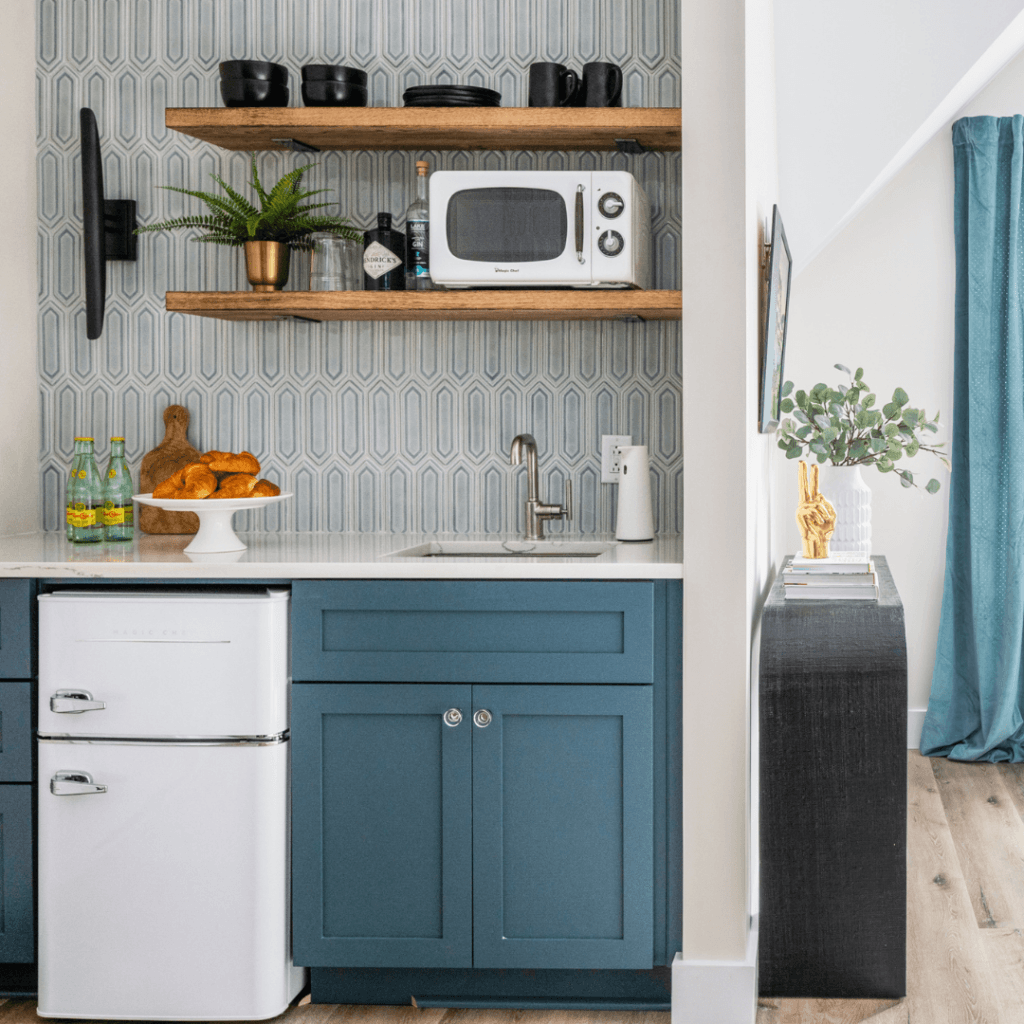
Frequently Asked Questions
What To Know Before Hiring An Interior Designer?
Before hiring an interior designer, assess their portfolio for fashion alignment. Verify their credentials and revel in. Discuss finances expectations and undertaking timelines. Ensure clean communique methods and inquire approximately provider warranties or submit-installation guide. Choose a person whose previous paintings resonates along with your vision and needs.
What Questions Should An Interior Designer Ask?
What are your practical wishes and aesthetic options for the space? What is your budget and timeline for the mission? Which areas require redecorate, and do you have any precise patterns or shades in thoughts?
What Do I Need To Know Before Meeting An Interior Designer?
Before assembly an indoors fashion designer, bear in mind your fashion choices, price range, venture scope, and timeline. Gather suggestion pix and think about your space’s capability needs.
How Do I Prepare For An Interior Design Consultation?
Gather notion images and listing your design options. Measure your area and notice present furniture. Set a finances and prioritize desires versus desires. Consider your life-style and talk it. Schedule the session all through a time you are loose from distractions.
Conclusion
Selecting the right indoors designer is crucial for your own home’s aesthetic enchantment. Ensure you ask those questions to make an informed selection. Your chosen professional should align together with your imaginative and prescient, budget, and timeline. Take the soar confidently, knowing you’ve accomplished your homework to create your dream space.

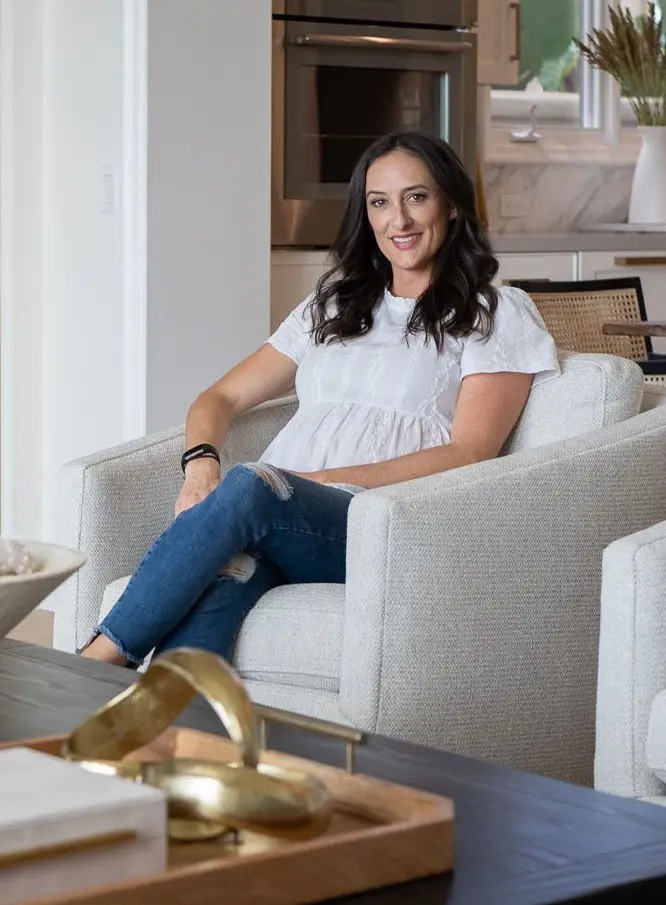

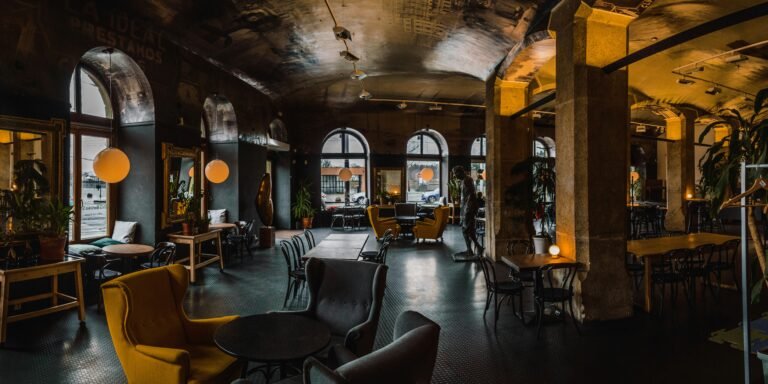
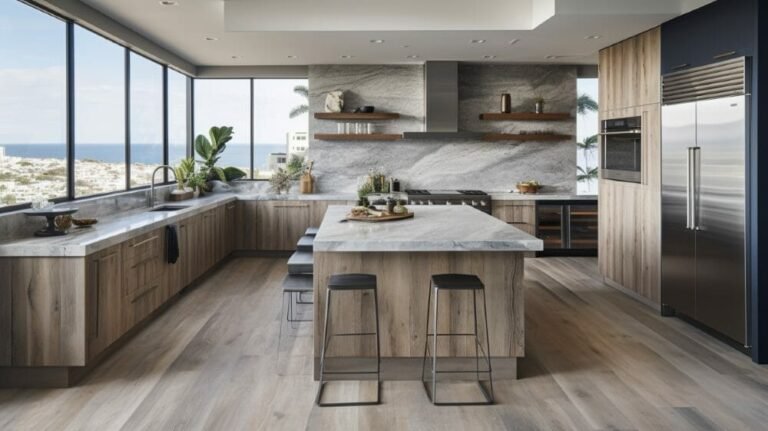
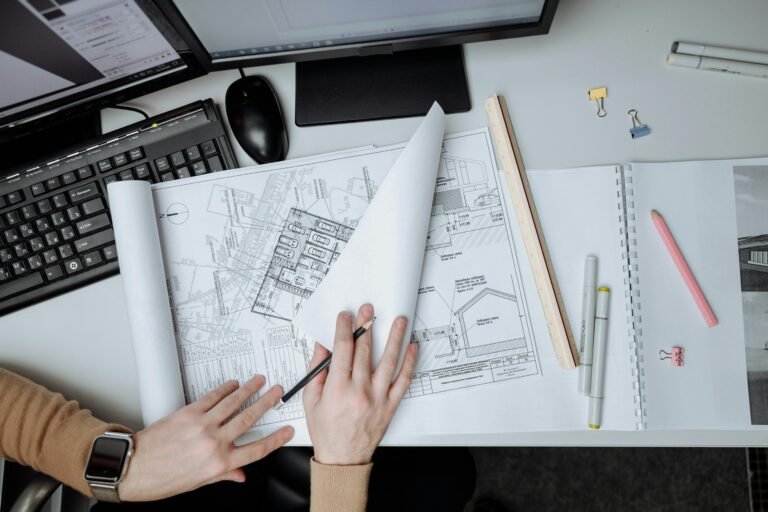
Thank you for your informative presentation,this really help me a lot.